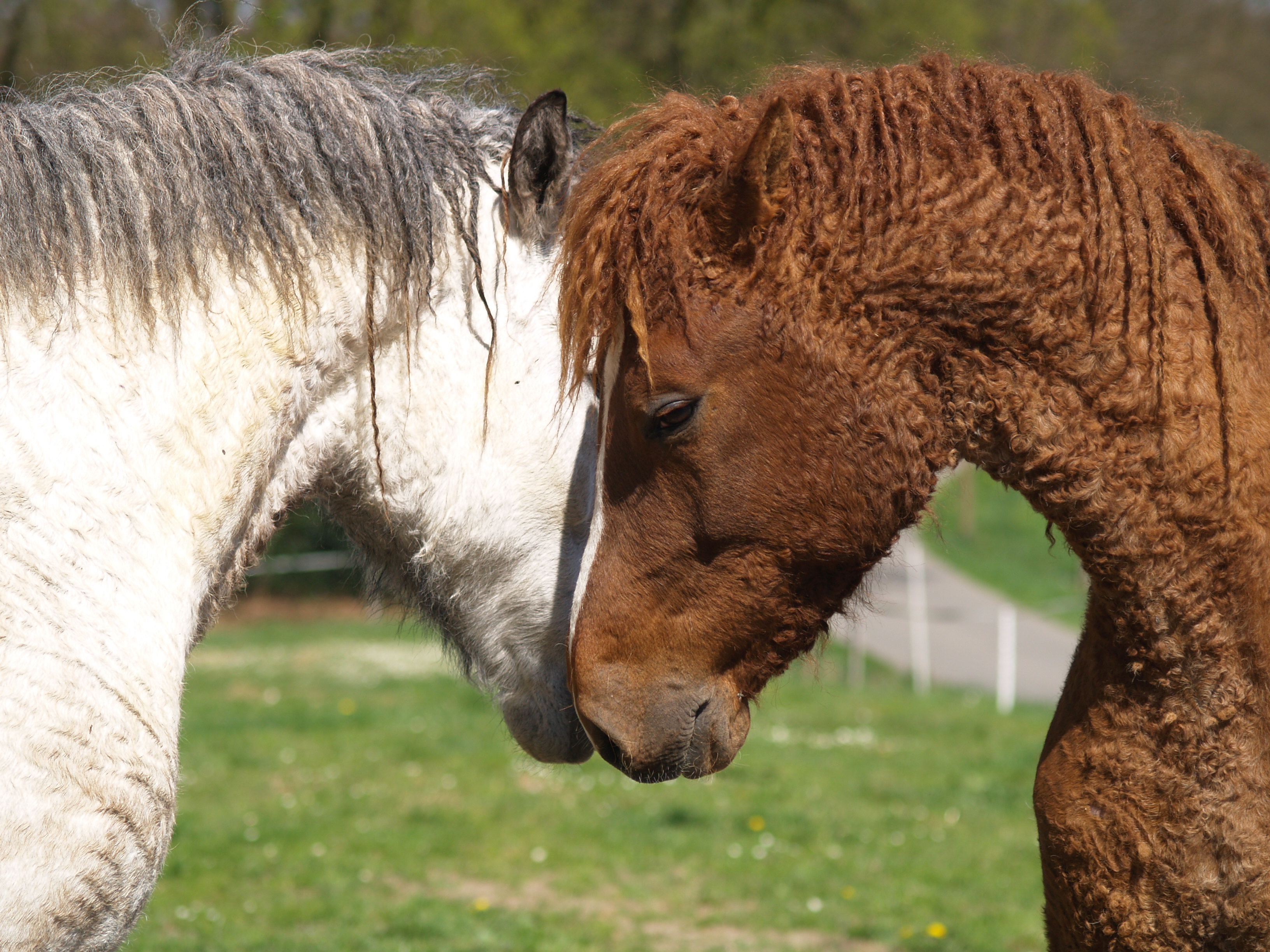
By Blair McKissock, MSEd, RYT
Over the past few years, it has become very clear that people in the horse world are moving into distinct groups, those that do it the “old way,” and those that do it the “new way.” Those who grew up in the horse world in the not too distant past were taught to dominate or be dominated, not in an abusive way, but in a way that demanded that you show the horse YOU are the leader. Some of us were taught to “pop the shank,” or yank on the lead rope to get the horse’s attention, and back them up until they “get the point”, or were taught other even stronger methods of training that include blatant cruelty. There have been many horse professionals who have given us alternatives to harsh training; men such as Buck Brannaman, Pat Parelli, Monty Roberts, Clinton Anderson, and many others who gained popularity over the years demonstrating gentler techniques. Old habits can be hard to break, and change takes time, and it takes more than looking at videos or watching demos. It takes some really deep soul-searching and questioning to decide where on the fence you sit for different ethical issues. It takes discussion and painful challenges in firmly held beliefs to evolve. With a rise in popularity of equine assisted activities, it seems that this shift in thinking is gaining momentum, to the benefit of the horse.
To move forward in the horse industry, we need to shift the way that we think, and take time to ask the hard questions that make us rework how we interact, starting with the perspective we take toward the horse. In the pursuit of contemplation of ethics, it always begins with questions: Is the horse livestock, here to be a beast of burden and serve our purposes? Is the horse a pet to be loved and cared for? Is the horse a “tool” used to make a better life for people? Does a horse have human emotions like grief, guilt, pleasure, and joy? Do they experience stress? Am I transferring my own ambitions and goals, and is the horse merely the vehicle? Do they possess a quality or energetic “power” that gives them perceptions that humans don’t have or can’t understand? The one thing that horse people have is an opinion, but who’s right? Is there a right answer?
There is also the concept of choice to consider. Horses have the power to cause us injury, fatally in some cases. In the wild, they fight off large predators much fiercer than humans. So, why do horses depend upon humans for survival and accept our conditioning in return? Does the horse make a choice to submit, or are they simply broken down? It is difficult to suspend habitual thinking and conditioning, and really separate what is in a horse’s nature versus what owners expect from them. Is there some sort of choice in the relationship on the part of the horse that needs to be considered?
The next aspect to consider is training. Does a trainer have to have a relationship with their horse? Is it really training if there is to be a real relationship? Can there be an equal relationship between a horse and a human when our social systems are diametrically opposed; i.e. horses have a hierarchical pecking order, and humans believe in equal partnerships? Is there a difference between horses that are trained for show and those that are a backyard “funimal?”
Within the field of equine assisted activities and other exploding professions, there are people hanging a shingle and offering services without experience or knowledge about horses, but who have a heart for helping others, and a willingness to learn. Whose responsibility is it, if anyone’s, to make sure people are properly trained? Organizations including PATH Intl, CBEIP, Equine Assisted Growth and Learning Association (EAGALA,) Equine Guided Education, Equine Experiential Education Association (E3A,) and others train people to do the work of human/horse interaction. There is also a responsibility on the person coming into the industry that they have to choose where to get their training and do their research. However, they may also choose not to get training.
In a well-circulated 2010 article by Chris Irwin called E.A.P.ed Off! questions were raised about what kind of stress the work of therapeutic riding and equine facilitated mental health has on the horse. This article created a great buzz about putting horses in a situation where they are asked to interact with people who are unbalanced or incongruent, and how this affects the horse. If we subscribe to the notion that a horse has the ability to read and react to people energetically, then are we causing more stress than good by asking them to interact with people like that? Are we asking too much from them when they have to have a leader in front, an unsteady rider on their back, a person on each side, and then ask them to listen to a leader, rider, and instructor at the same time? Our expectation is that they are calm, quiet, and non-reactive. There are horses that do these jobs well and seem to enjoy it, yet there are others that exhibit behaviors of burnout after only a short period. What are we doing that causes the burnout and how do we manage it? Do we specially train horses for the work, or desensitize them to be able to deal with riders and clients? Are we doing enough for the horse’s mental health?
How we move forward as an industry is an ever-evolving question, and one that will not get answered any time soon, and we may never come to an agreement on them. The point is that we are having the conversation, and that the questions are being asked. Discussions are happening between professionals, and mindsets are shifting slowly. For those who are questioning and searching for understanding, are we in danger of going too far and romanticizing the relationship between horses and humans? Is there too much inflicting of strong opinions and trying to force people to change?
There is shifting occurring in more than just the horse world. The state of our society is forcing people to look at long-held beliefs about economics, education, politics, the environment, and global connectedness. There is nothing comfortable about it. It’s a mucky, sticky place to be in, and there are no right answers. The Arcturian Group posted a message that has stuck with me, and helps put issues like this in perspective:
“Your work is not to drag the world kicking and screaming into a new awareness. Your job is to simply do your work sacredly, secretly, and silently which will emanate Light wherever you are and those with ‘eyes to see and ears to hear,’ will respond.”
Keep asking the tough questions and having the difficult discussions, without getting caught up in trying to make someone see your point of view where the learning can get lost. As hard as it can be, that’s where the good stuff happens.
Blair McKissock, MSEd, RYT, is a speaker and author on equine-assisted and experiential learning. Learn more about coaching, OmHorse yoga, and upcoming events at omhorse.com, or stridestosuccess.org.
 Conscious Community Magazine Dedicated to Elevating Consciousness
Conscious Community Magazine Dedicated to Elevating Consciousness




